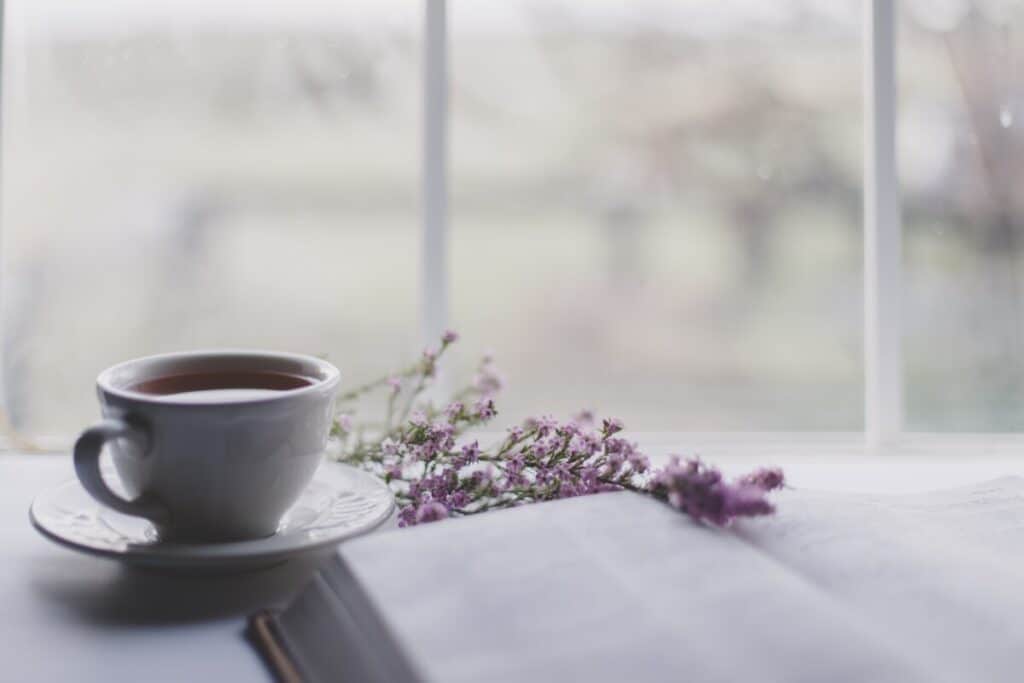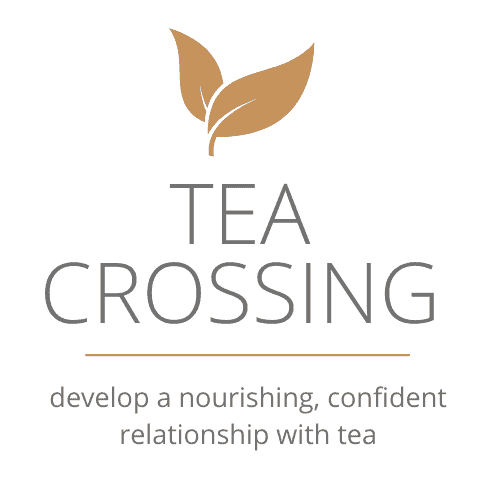When it comes to acidic beverages, there seems to be a lot of debate over this question, which is more acidic coffee or tea? Both beverages have their own unique set of acidity levels, but which one reigns supreme? In this blog post, I will take a closer look at the acidity levels of coffee and tea and determine once and for all which beverage is more acidic.
Many factors contribute to the acidity of coffee and tea. The type of bean, roast, and brewing method all play a role in how acidic a cup of coffee or tea can be. So, which is more acidic coffee or tea?
The answer may surprise you. While both coffee and tea can be quite acidic, coffee is more acidic than tea. This is because coffee beans are more naturally acidic than tea leaves. However, how coffee and tea are brewed also plays a role in their acidity levels.
Brewing methods that use hot water, such as drip brewing, tend to extract more acids from the beans or leaves. This results in a more acidic cup of coffee or tea. On the other hand, brewing methods that use cooler water, such as cold brew, tend to produce a less acidic beverage.
Coffee And It’s Acidity
Acidity is often thought of as a bad thing. But when it comes to coffee, a little acidity can be a good thing. It’s what gives coffee its signature tart and tangy flavor. However, too much acidity can make coffee taste sour and unpalatable.
Acidity is caused by the presence of certain acids in coffee beans. When coffee beans are roasted, some of these acids are broken down and converted into other compounds that contribute to flavor. But not all acids are created equal. Some, like citric acid, provide pleasing flavors that enhance the overall taste of coffee. Others, like malic acid, can make coffee taste sour and harsh.
The level of acidity in coffee is measured by its pH level. The lower the pH level, the more acidic the coffee is. Most coffees fall somewhere in the range of pH levels of four to five. Coffee’s acidity can be affected by several factors, including where the beans are grown, how they’re roasted, and even how they’re brewed.
Choosing The Best Low Acid Coffee Beans
When it comes to low acid coffee beans, there are a few things you should keep in mind. First, the type of bean makes a difference. Arabica beans are typically lower in acid than Robusta beans. Second, how the beans are roasted can also affect their acidity levels. Lightly roasted beans will generally be more acidic than dark roast beans.
Finally, where the beans come from can also play a role in their overall acidity. Beans grown at high altitudes tend to be less acidic than those grown at lower altitudes. So when you’re choosing your low acid coffee beans, keep these factors in mind and you’ll be sure to find the perfect cup of coffee for your needs.
As you can see, there are a few different factors to consider when choosing low acid coffee beans. By keeping these things in mind, you’ll be sure to find the perfect beans for your needs!
Tea And It’s Acidity
Acidity is one of the most important characteristics of tea. It is what gives the tea its characteristic taste and smell. Acidity is also responsible for the color of tea. The more acidity in a tea, the darker it will be.

Acids are found in all teas, but they are especially prevalent in black and green teas. The two main types of acids in tea are tannic acid and malic acid. Tannic acid is responsible for the astringent taste of tea, while malic acid gives it a sour taste.
The amount of acidity in a tea can vary depending on where it was grown, how it was processed, and how it was brewed. For example, black teas from Assam are usually more acidic than those from Darjeeling. Green teas from China or white tea are usually more acidic than those from Japan.
Brewing tea with too much water can also make it more acidic. This is because the water dilutes the acids in the tea leaves, making them less concentrated.
If you find that your cup of tea is too acidic, there are a few things you can do to fix it.
- First, try brewing the tea for a shorter time. This will help to reduce the amount of acidity in the cup.
- Second, add milk or cream to your tea. This will help to neutralize some of the acids in the tea.
- Finally, try adding a pinch of salt to your cup. This will also help to reduce the acidity of the tea.
If you still find that your cup of tea is too acidic after trying these tips, it might be best to switch to a different type of tea. There are many varieties of tea, so it is sure to suit your taste.
Why Does Tea Me Feel Better Than Coffee?
When I’m feeling down, a cup of tea always seems to make things better. There’s just something about its calming effect that can’t be beaten. And even though I love coffee, it never seems to have the same comforting effect as tea.
So why does tea make me feel better than coffee? There are a few reasons. First, tea has less caffeine than coffee. So if I’m drinking it to perk up, I don’t end up feeling jittery like I do with coffee. Second, tea has L-theanine in it. This is an amino acid that’s been shown to have a calming effect on the brain. Finally, tea contains antioxidants that can help protect against cell damage and disease.
Final Words
Coffee and tea are both popular beverages that have been around for centuries. Both drinks have their unique flavors and benefits. When it comes to acidity, coffee is more acidic than tea. However, this does not mean that coffee is bad for you. There are many health benefits associated with drinking coffee. So, if you’re looking for a more acidic beverage, coffee is the way to go. But, if you’re looking for a healthier option, tea is the better choice. Either way, you can’t go wrong with either drink! Thanks for reading! 🙂

